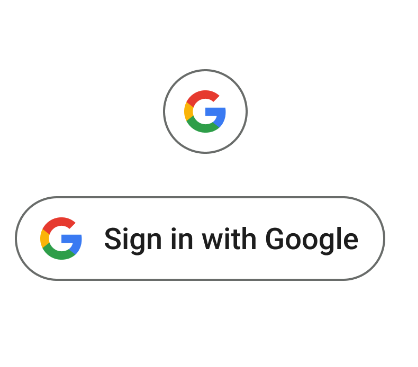Google Search user interface: A/B testing shows security concerns remain
While Google is experimenting on how its search results page looks like, we are reminded of what users need the most: indicators of confidence.
Read moreWhile Google is experimenting on how its search results page looks like, we are reminded of what users need the most: indicators of confidence.
Read moreGoogle has released an update to Chrome that fixes one zero-day vulnerability and introduces Google Lens for desktop.
Read moreIn a clever scheme designed to abuse Google in more than one way, scammers are redirecting users to browser locks.
Read moreWe wanted to update you on some changes that Google’s making, and what we’re doing in Browser Guard to keep you protected.
Read moreOnly trust official sources they say, but what happens when a Google vetted ad is for a Google product?
Read more
Credit to Author: BrianKrebs| Date: Fri, 26 Jul 2024 21:31:54 +0000
Google says it recently fixed an authentication weakness that allowed crooks to circumvent email verification needed to create a Google Workspace account, and leverage that to impersonate a domain holder to third-party services that allow logins through Google’s “Sign in with Google” feature.
Read moreGoogle has taken a new turn in the approach to eliminating third-party cookies. This time it’s back to the Privacy Sandbox
Read moreGoogle has announced it will delete Location History (Timeline) data and store new data locally, starting December 2024.
Read moreThis week on Lock and Code, we talk about what people lose when they let AI services make choices for dinners, reservations, and even dating.
Read more